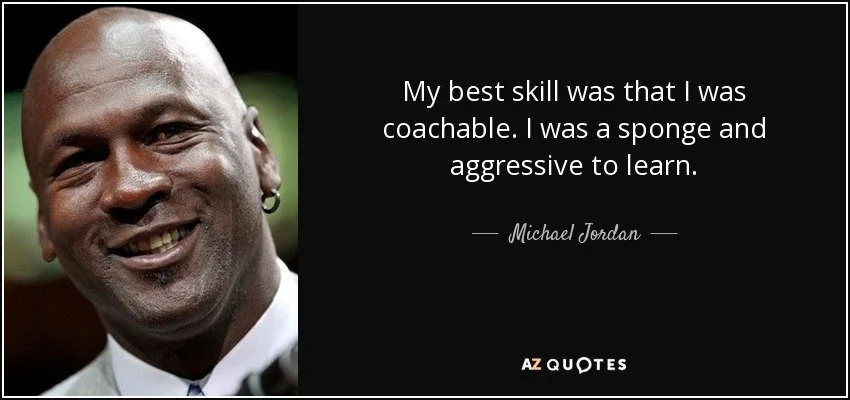![You’ve Got a Friend]()
Carol King is one of my favorite artists from the 1970s and 80s and You’ve Got a Friend is one of my favorite songs of hers. So, it sounded like a good theme for this post.
This article is inspired by all of the layoffs I see in the technology community—particularly the agilists who are finding many companies not valuing their contributions. There are also quite a few thought leaders in the community using this as an opportunity to (1) foretell the end of agile ways of working or (2) to explain how their new-fangled agile approach (Agile 2, SAFe, Elon, Flow, whatever) will deliver us from all the chaos.
I know quite a few of you are caught up in these challenging times, so I thought I’d share the following story and some related advice.
My story
It was the year 2000. I’d moved to North Carolina 4 years earlier and just joined Lucent (Bell Labs) as a Director of Software, leading a large team. I felt like I’d just won the lottery to find the job of my dreams. Then the telecommunications bubble burst in 2001.
Layoffs were rampant across the industry, tens of thousands of jobs were lost, and our entire optical networking facility of ~300 folks here in Raleigh, NC was let go. To say that I was devastated is an understatement. To add insult, I was selected to be on the leadership “closing crew” who helped everyone pack, leave, and turn the lights off in the building.














